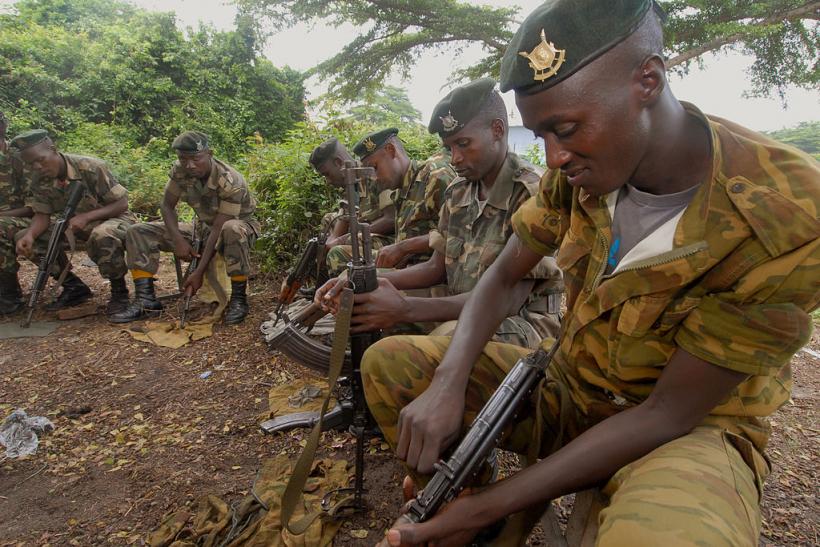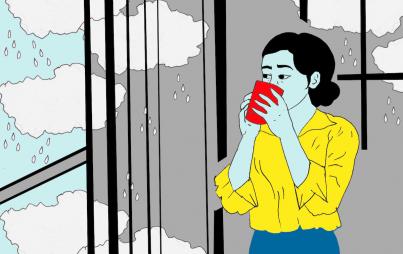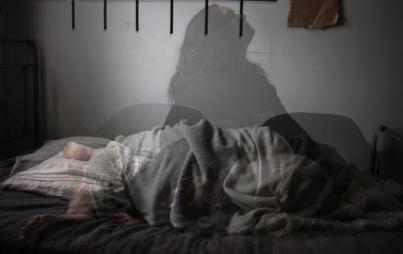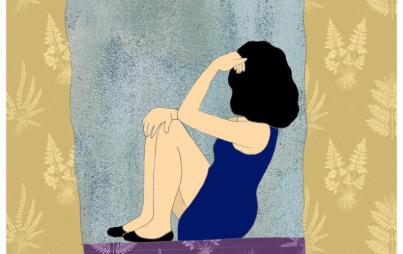
Credit: Wikimedia Commons
Looking for an upbeat, cheery read?
Well, look elsewhere. The Human Rights Watch (HRW) just released a report on Monday titled “The Power These Men Have Over Us," a 71-page publication chock full of unthinkably grim findings. The report is a summation of the organization's discovery of and investigation into the systematic sexual exploitation of Somalian women by the African Union Troops charged with helping to look after Somalia's citizens and bring some semblance of stability to the beleaguered nation.
According to HRW, members of the 22,000 African Union force in Somalia, known as Amisom—which boasts soldiers from six African countries and financial backing from the U.S., UK, EU and the United Nations—are raping and exploiting women and girls desperate for food and medical supplies.
Some Background On Somalia
Back in the day, I used to study International Relations. And the one country that was literally always pointed to as the prime example of a “failed state”? Somalia. And yes, the country is in just dire shape: It literally lacked any kind of a government for 20 years after its president was overthrown in 1991. And while an internationally-backed government was installed in 2012, the degree of stability that now exists is—while an improvement—flimsy. The country has seen decades of brutal fighting between warlords, which prevented it from dealing with the devastating droughts and famines of 1992 and 2010-2012—natural tragedies that killed around half a million people and rendered thousands of others refugees.
Our point? Somalia remains in rough shape, plagued by Islamist insurgencies, grinding poverty and a fragile government. In fact, the same day this report came out, 12 civilians were killed in a suicide attack targeting African Union troops.
Accusations Of Abuse By African Union Troops
So this is what makes everything even more remarkably terrible: The troops who have, allegedly, been raping and sexually exploiting Somalia’s women and girls are the ones constituting the internationally-backed efforts to get Somalia to some semblance of OK-dom. And they have seen some success in battling the militant Islamist group al-Shabaab and getting the country a bit back on track . . . but they've been brutalizing Somalia's women in the process.
And not just women—girls, too. Yes, Western-backed troops have, according to the report, gang-raped women and girls as young as 12.
The abuse has also been systematic. Females who fled the aforementioned famine of 2011 now live in refugee camps—places that are theoretically supposed to be "safe," where women and girls can get aid—but are being preyed upon, with food and medical care dangled in front of them as bait. According to HRW researcher Laetitia Bader: “Hospitals are being used to identify women and girls,” and not only is this scheme “organized, but it’s not a secret.”
Examples?
Well, there was 15 year-old Qamar R. who went to a medical base to get needed supplies for her sick mother. When she got there . . .
“An interpreter told her to follow two Burundian soldiers who would give her the medicine. She followed them to a remote area similar in structure to a military bunker behind a thick fence, and one of the soldiers proceeded to rape her, while the second one walked around. She told Human Rights Watch: ‘First he ripped off my hijab and then he attacked me.’ As she was leaving, the second Burundian soldier waved her to come over to him and gave her US $10.”
This exchange of paltry sums in an attempt to frame sexual assaults as "transactional" was, among the women involved in the investigation, somewhat common—as sickening efforts to discourage women from reporting the abuse to authorities.
Another mother mentioned in the report described to HRW the kind of trauma her daughter faced after her alleged rape by soldiers:
“‘People laugh at her whenever she comes out,’ the mother said. ‘They say: 'An infidel raped her.' How can you feel if your daughter asks you: 'Mother, I better die to hide my shameful face from the people?'"






